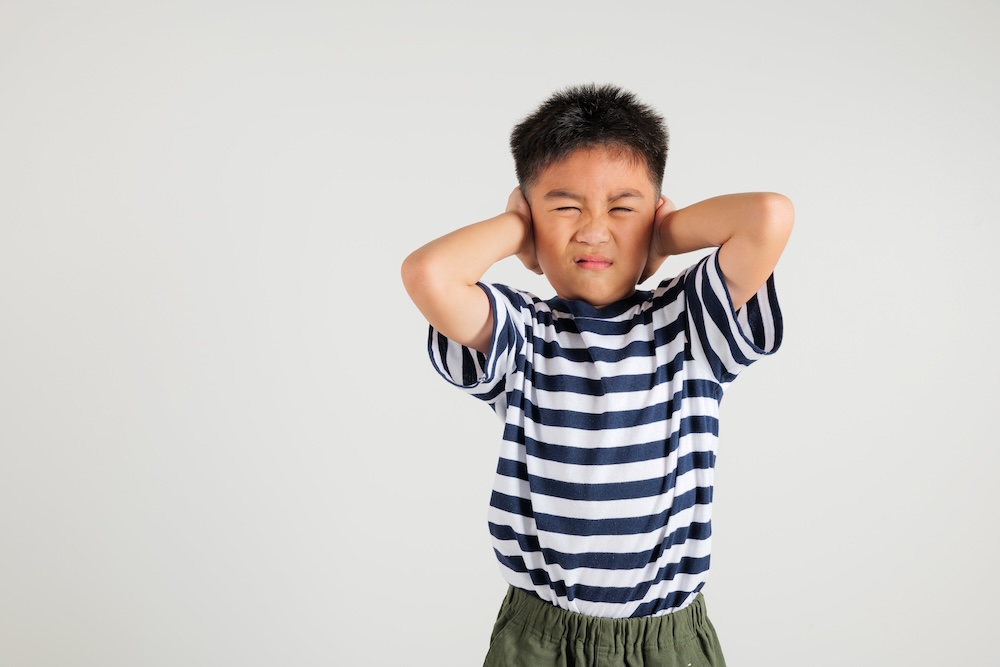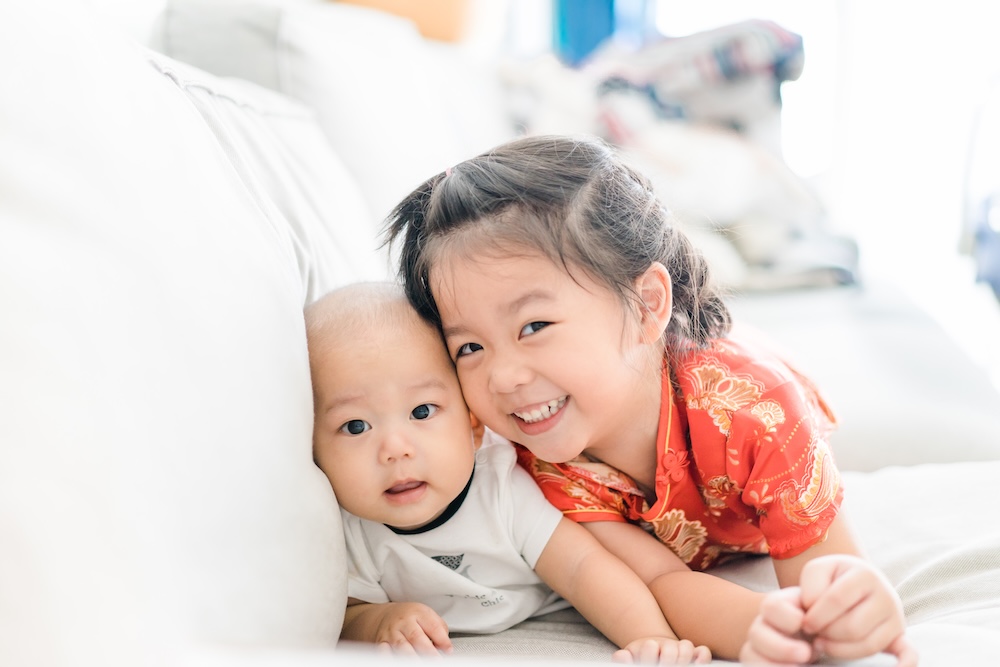In today’s world, there are so many sources of loud noise exposure, such as high TV volumes, video games, loud music, buzzing toys, construction sites, and fireworks, to name a few. Excessive noise is detrimental to hearing, but kids are among the most vulnerable to prolonged noise exposure. Children’s ears are still developing, and their ear canals are smaller, which means sound waves become more concentrated. Exposure to loud sounds, especially for a long period, can cause permanent hearing loss or damage, even if the child doesn’t show symptoms immediately.
The risks can also go beyond hearing loss. Loud noise can increase stress levels, raise blood pressure, cause sleep disruptions, interfere with learning, and lead to behavioral issues. Additionally, when your child is exposed to loud sounds during the critical period of their development, their ability to develop speech and language skills, like reading and listening, can be hindered. Long-term noise exposure into adulthood can even increase the risk of a heart attack. Children with autism or special sensitivities are more likely to be disturbed by loud noise.
To keep your children safe from loud sounds, it’s important to be aware of acceptable noise levels for kids. According to the American Academy of Pediatrics, noises at or above 85 decibels (about the level of a hairdryer or a food processor) can start causing hearing damage after prolonged exposure. Stay alert for warning signs of hearing trouble, as children may not always recognize or express hearing issues. Warning signs include complaints of muffled sounds, constantly asking people to repeat what they said, turning up the volume of hearing devices higher than usual, or struggling with speech and concentration. If your child expresses that they’re hearing a ringing or buzzing sound in their ears, that could be a sign of tinnitus, which is associated with many forms of hearing loss.
Noise is part of everyday life. However, there are many things parents can do to prevent hearing damage and other harmful effects from prolonged noise exposure. Setting volume limits is essential. Teach your child to keep the volume at half or less when using headphones or devices. Many phones and tablets have volume-limiting settings built in. Create rules about the appropriate maximum volume to watch TV and play music, and make sure the whole family follows them. Whenever possible, avoid running any loud appliances or the dishwasher close to and during bedtime. When it comes to picking out toys with sounds, choose ones that let you control the volume or aren’t too loud. It’s also important to take noise breaks to give your child time for their ears to recover from background noise or noisy environments. You might want to set quiet zones in your home where there is minimal noise and your child can play, rest, or read. At loud events like concerts, sports games, or fireworks shows, give your child earplugs or earmuffs. Children with autism or ADHD can benefit from noise-canceling headphones.
For babies, you might consider using infant sleep machines that emit white noise to drown out environmental noise. However, some of these can also produce hazardous noise levels. If you choose to use them, only use them for a short period and keep them as far from your baby’s head as possible.
If you notice any signs of hearing loss or damage, call our pediatrician to schedule a hearing checkup.


